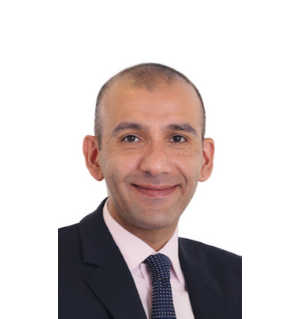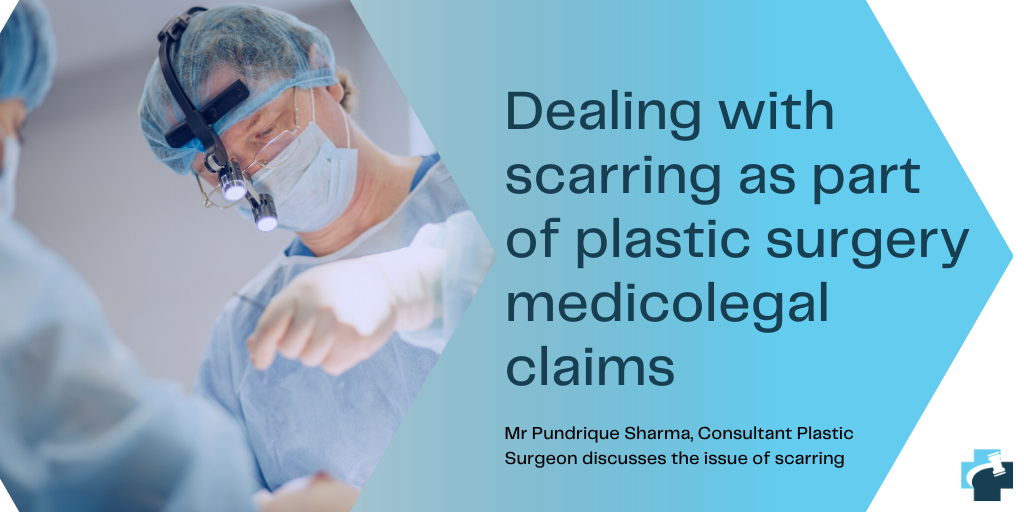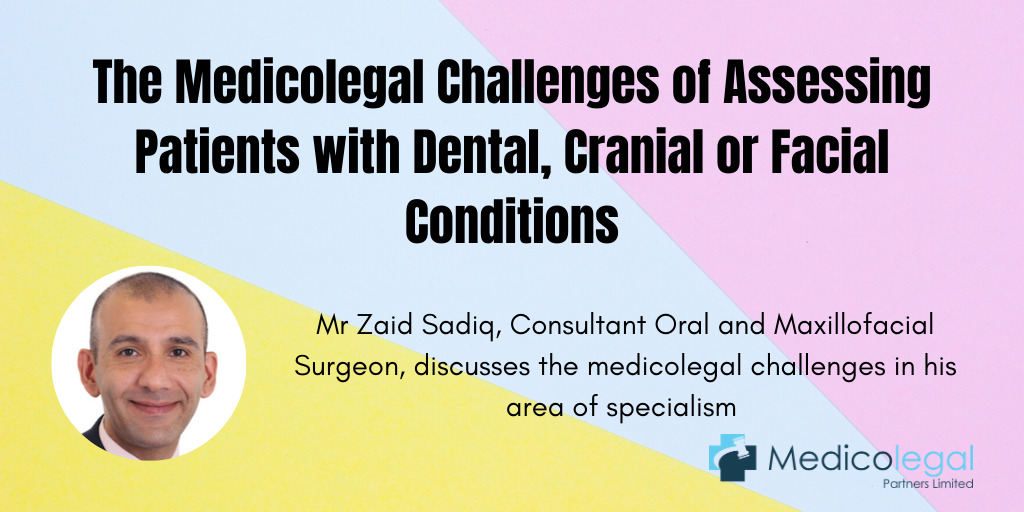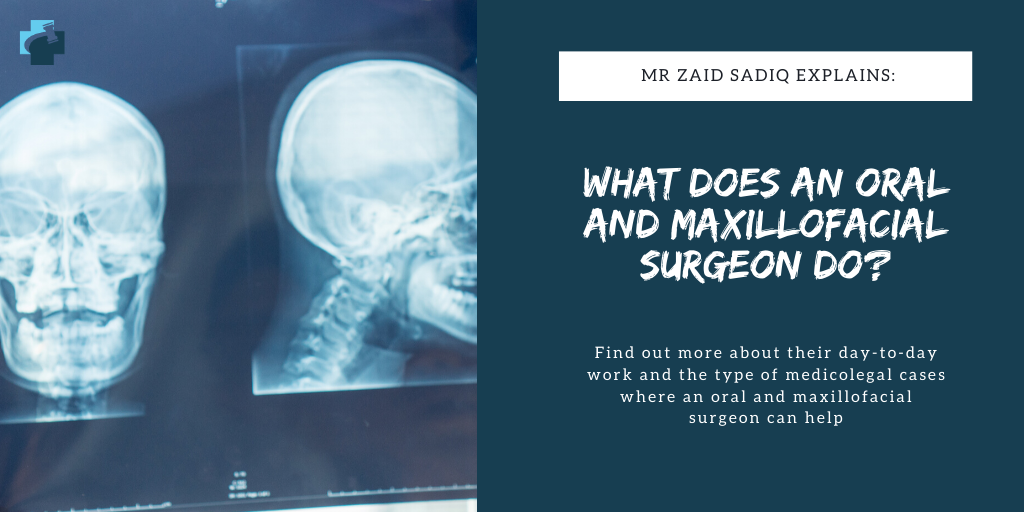The Medicolegal Implications of Patient Expectations in Facial Surgery

Patients may undergo facial plastic surgery for many reasons, including accidents or illness resulting in facial damage, or simply a desire to improve a feature that they do not like. For many patients, an improvement in self-image may be the driving issue behind their decision to undergo surgery. In the majority of cases, this is successfully achieved: the overall patient satisfaction rate for facial plastic surgery is around 95%. However, plastic surgeons have a particularly high risk of facing litigation compared to those practising in other specialties. One major reason for this is patients’ dissatisfaction with the outcome of their procedure, which is often based on unrealistic expectations of what surgery can achieve.
In the minds of the general public, plastic surgery has become almost synonymous with ideals of appearance. Therefore, good results are almost taken for granted, even in cases involving extensive reconstruction. In reality this may not always be achievable. Existing defects and imperfections in the human body, which vary from person to person, will influence the outcome and lead to discrepancies between expectation and what can realistically be achieved. Furthermore, the results of surgery, particularly when undertaken for purely cosmetic reasons, are almost always judged subjectively, both by the patient and the surgeon.
It is highly likely that the psychological profile of patients who choose to undergo cosmetic surgery differs from those who do not. Not surprisingly, patients undergoing facelifts are often more concerned with facial appearance than the general population. However, studies have also revealed high levels of depression both before and after surgery in this group of patients and it is often the case that patients are searching for changes to more than their physical appearance. Two psychiatric conditions may cause particular issues in plastic surgery: body dysmorphic disorder (BDD) and post-traumatic stress disorder (PTSD).
Patients with PTSD have had traumatic experiences prior to facial plastic surgery. These may even be linked to the reason for the surgery, for example, an accident or physical assault that has resulted in facial injury. PTSD is linked to the ability to cope with stressful situations and these patients are at high risk of being dissatisfied with the outcome of their surgery. An exploration of the issues surrounding the trauma usually leads to an improvement in treatment outcome. If a patient feels that their concerns are being taken seriously, there is likely to be greater patient satisfaction.
A significant minority of patients undergoing cosmetic surgery suffer from BDD, which is characterised as an excessive preoccupation with minor or imagined defects in physical appearance. This means that patients with BDD tend to report high levels of dissatisfaction with the outcome of surgery, even if it is considered successful by others, and are more likely to pursue a claim for negligence. Cosmetic surgery is not recommended for patients with BDD, so they need to be identified in order to reduce the risk of a potential claim.
It is important to determine whether the emotional and psychological aspects and expectations of any one patient make them a suitable candidate for surgery. The informed consent process should include an exploration of the patient’s expectations for the surgery, as well as discussing the benefits, potential risks, the consequences of not receiving any treatment and the availability of alternative procedures. It is important that patient expectations are managed as early as possible and ideally the process should start during the initial consultation. All surgery has limitations and patients need to be aware of this. They also need to understand that the recovery process takes time and the final outcome may not be apparent for several weeks or even months. In addition, maintaining the results will almost certainly require long-term input and commitment from the patient.
Ideally, patients considering plastic surgery should undergo psychological assessment to determine their previous life experiences, family and peer group interactions, social and cultural pressures and individual personality traits. In reality, time pressure means that this rarely happens. However, even a brief interview should attempt to examine the patient’s current mental state, which may reveal aspects that contraindicate surgery. A patient who presents with a history of previous apparently successful cosmetic surgery, but who is still dissatisfied with the results, is likely to experience the same dissatisfaction with any future procedures. A personality profile indicating a tendency to perfectionism, or a patient who expects an immediate improvement in both their appearance and their life are also unsuitable candidates. In situations where the motivation for surgery is recent, or associated with a traumatic event such as bereavement or divorce, delay should be advised and the patient reviewed after a suitable length of time.
In the field of facial plastic surgery, real failures are extremely rare. However, there is also no such thing as the ‘perfect’ outcome, and minor imperfections are common. Patients who have unrealistic expectations about what can be achieved, or who are looking for surgery to change other aspects of their life, are likely to end up disappointed. The identification and screening out of patients who are unsuitable for surgery should help to ensure that patients are satisfied by the results of their procedure, thus reducing the risk of litigation.
About Mr Zaid Sadiq
Mr Zaid Sadiq is a Consultant Oral and Maxillofacial/Head and Neck Surgeon at the Queen Victoria Hospital prior to which he worked for many years at other leading hospitals including University College London Hospital and Great Ormond Street.
Mr Sadiq is qualified in both medicine and dentistry. Mr Sadiq has a keen interest in cancer, reconstructive surgery and tissue engineering, as well as providing a spectrum of oral and maxillofacial practice. Read his full biography and download his CV here.
Further reading:
Kobus, K., & Kobus-Zaleśna, K. (2018). Remarks on Perfection in Plastic Surgery of the Face. BioMed research international, 2018, 5835167. https://doi.org/10.1155/2018/5835167
Vahidi, N., Wang, W., Lee, T., Inman, J., & Ducic, Y. (2019). Medicolegal Aspects of Craniofacial Trauma. Facial plastic surgery : FPS, 35(6), 657–665. https://doi.org/10.1055/s-0039-1700798




